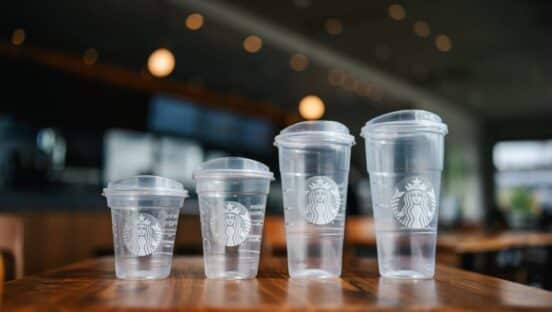U.S. Foodservice, one of America's leading foodservice distributors to restaurants, hospitals, schools, military facilities, and others, supports the FDA's vision of thinking and acting globally to protect the safety and quality of the nation's food supply, as outlined in the FDA's new special report "Pathway to Global Product Safety and Quality."
In the report, the FDA proposes working with its global counterparts to develop a network for sharing information and resources, increasing risk-based analysis, and leveraging the combined efforts of government, industry, and public- and private-sector third parties to improve the effectiveness and efficiency of protecting the food supply.
"With the nation's food supply becoming increasingly global, the FDA's vision outlined in this new report is a significant move for the agency, especially the addition of 'quality' to their scope," says Jorge Hernandez, senior vice president, Food Safety and Quality Assurance, U.S. Foodservice. "Their big picture attitude toward food safety and quality can be a step forward for the FDA and the entire food industry. We know from experience that improving food safety is a big job that can't be done by a single company, industry, organization, or agency. The only way to be efficient at decreasing food safety hazards is by developing partnerships, globalizing standards, and sharing data. And the only way to be effective is by prioritizing based on risk."
U.S. Foodservice has been using these tools since 2005. In 2007, U.S. Foodservice began requiring that all of its suppliers of private-label products be certified in food safety to an international standard. This certification, coupled with product testing and verification, has increased the company's data sharing between growers, processors, and its suppliers.
"The sharing of food safety data with other international agencies and the food industry would be particularly helpful to building a global food safety grid," Hernandez says. "The reality is that building partnerships and sharing food safety information and data require transparency and trust. There must be a two-way, mutually agreed upon method of data sharing. The realization of this vision, which would make protecting the world's food supply easier and much more effective, will move at the speed of trust."
At U.S. Foodservice, food safety and quality assurance are at the foundation of the partnership between the company's suppliers and customers. The company promotes a food safety and quality culture among the 25,000 employees across the organization by making the commitment clear and weaving food safety and quality into every segment of the business. Part of that commitment includes the training of every U.S. Foodservice employee who sells, orders, receives, stores, or delivers any food product within 30 days of hire and every year thereafter.








